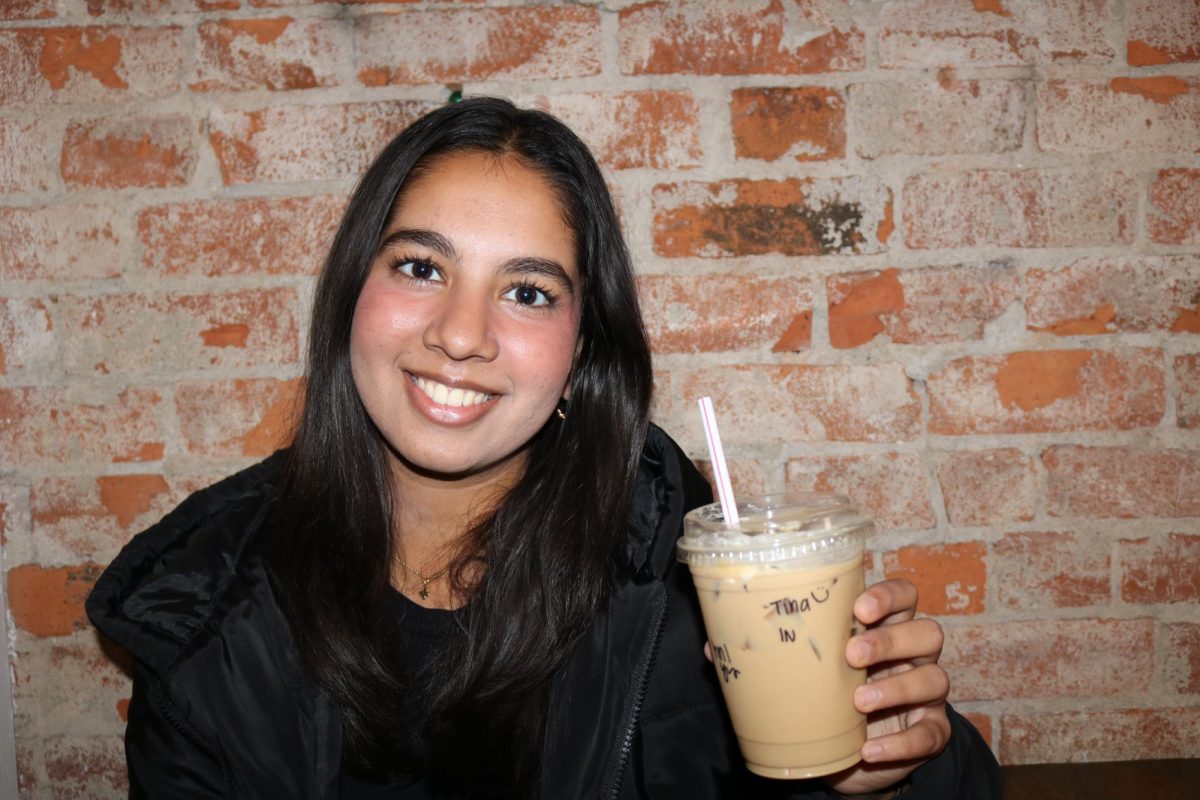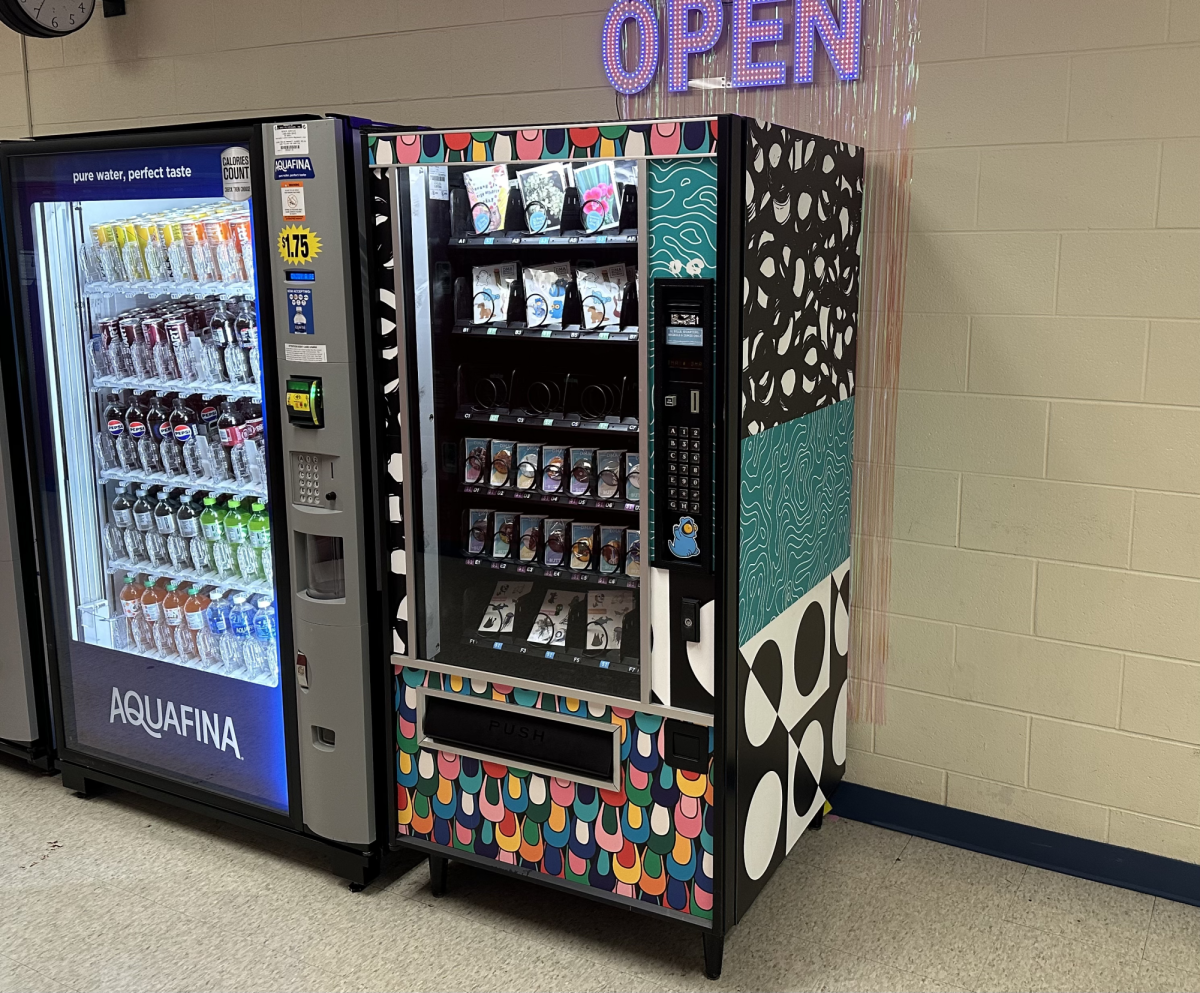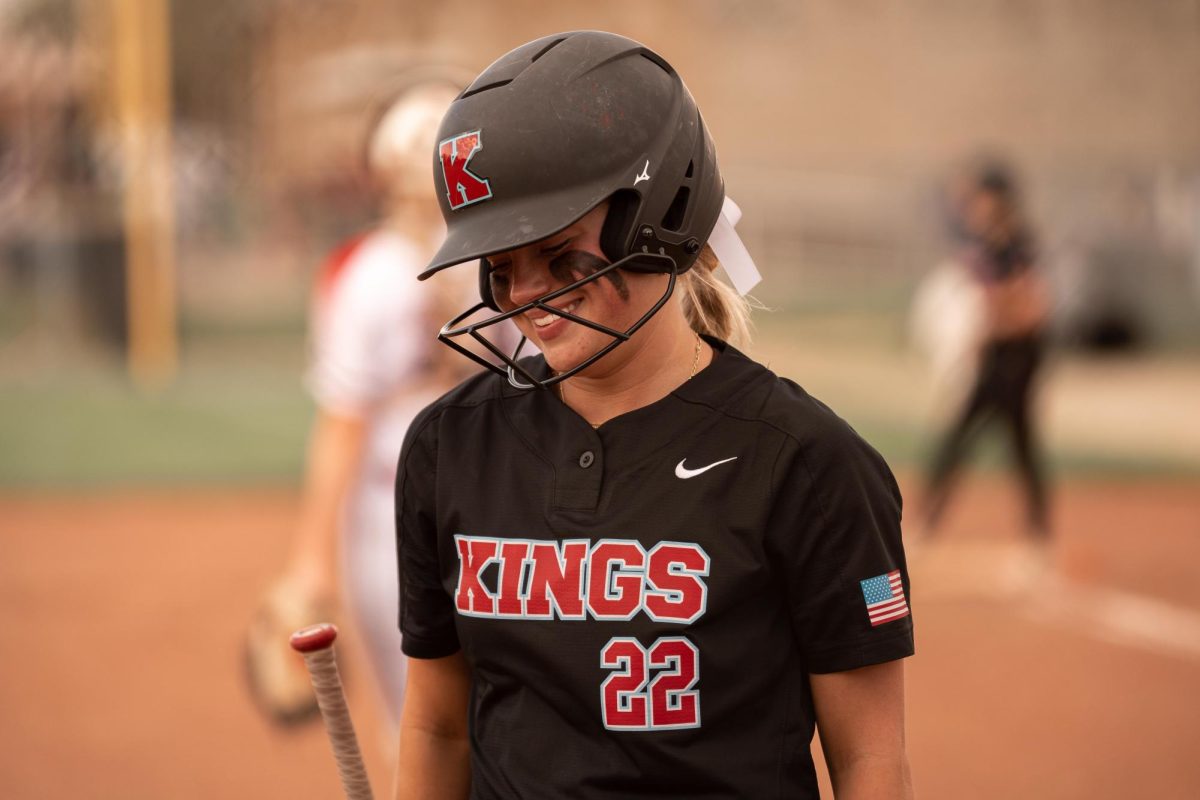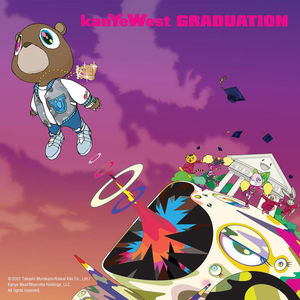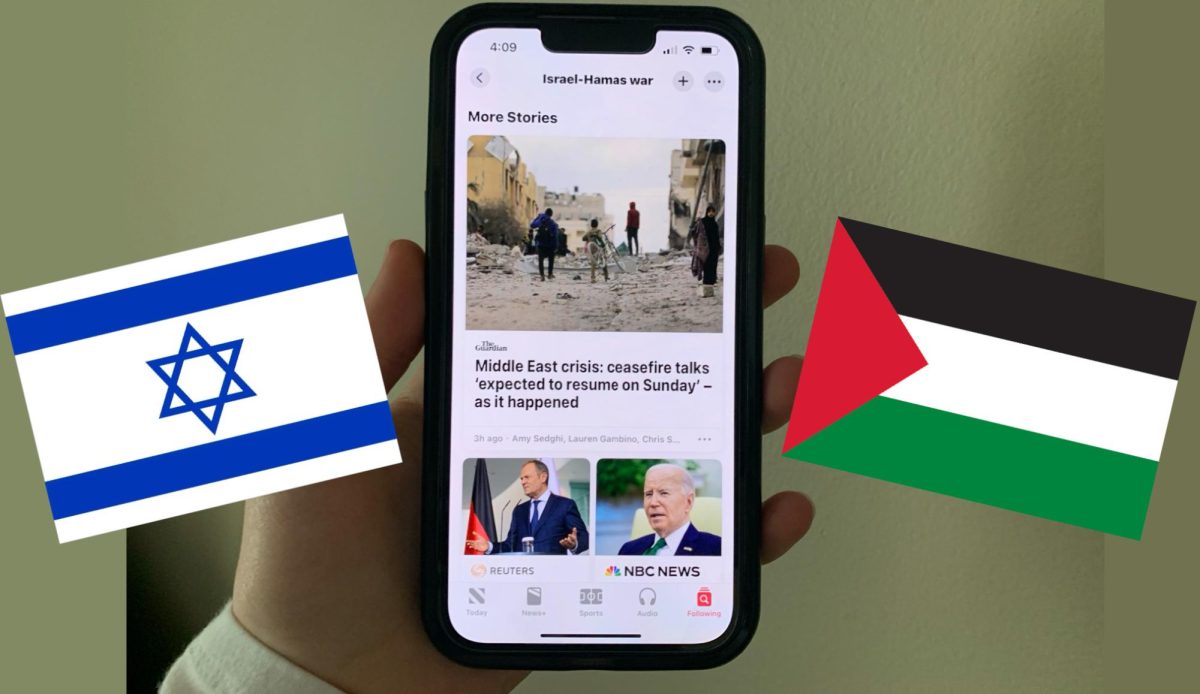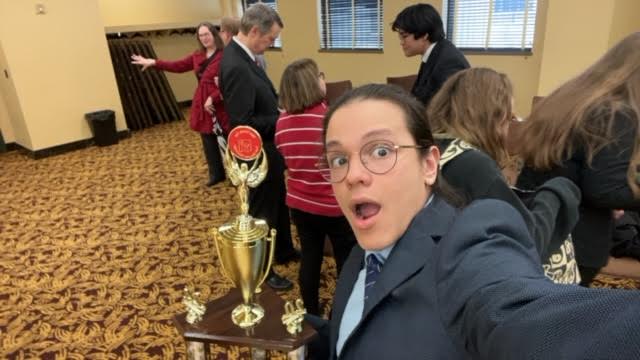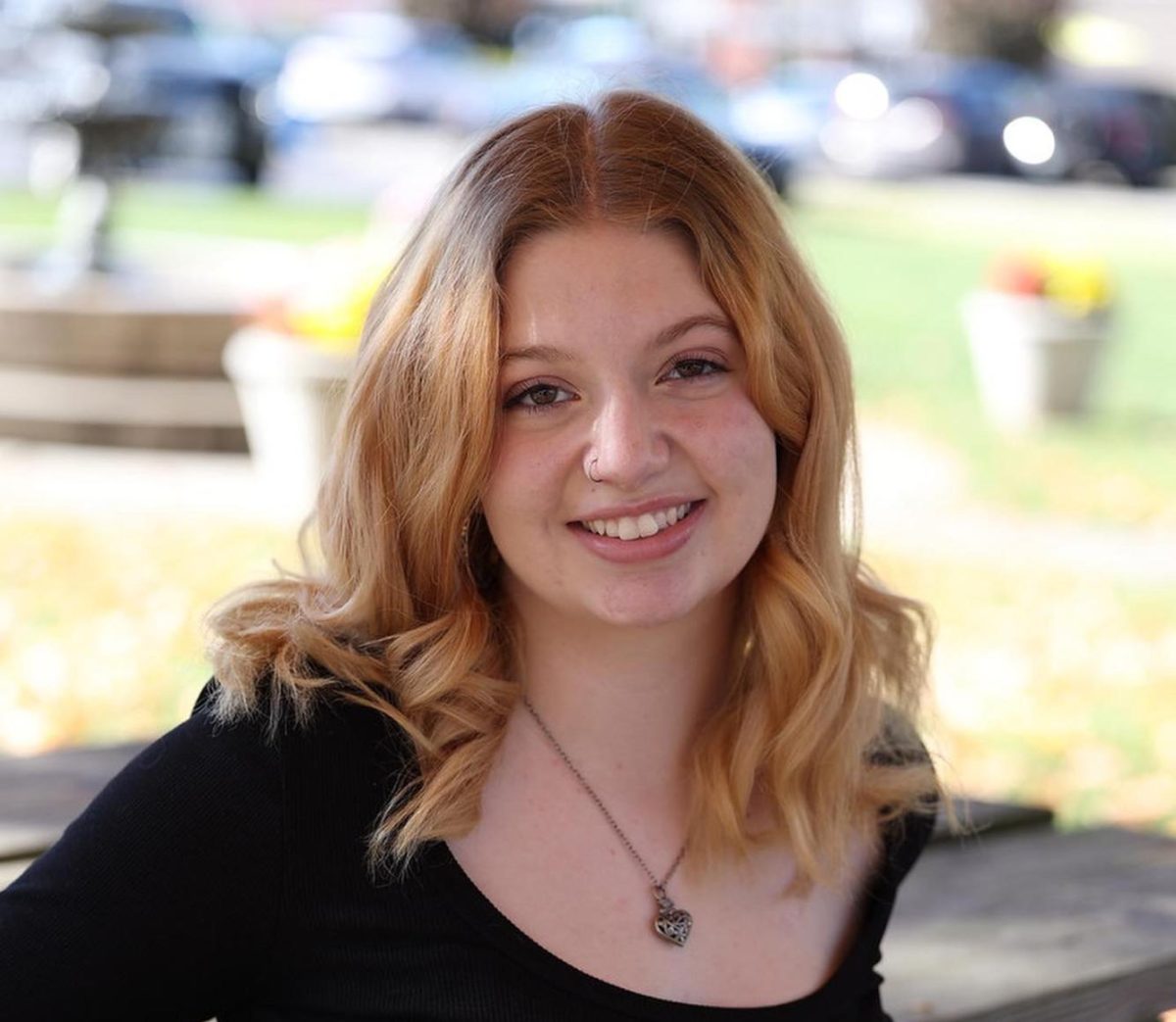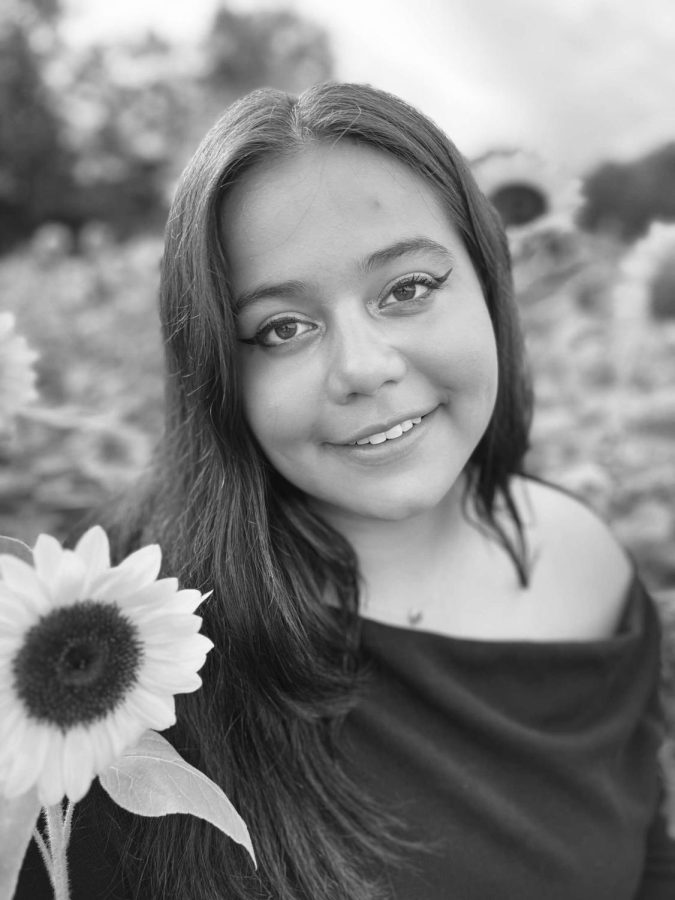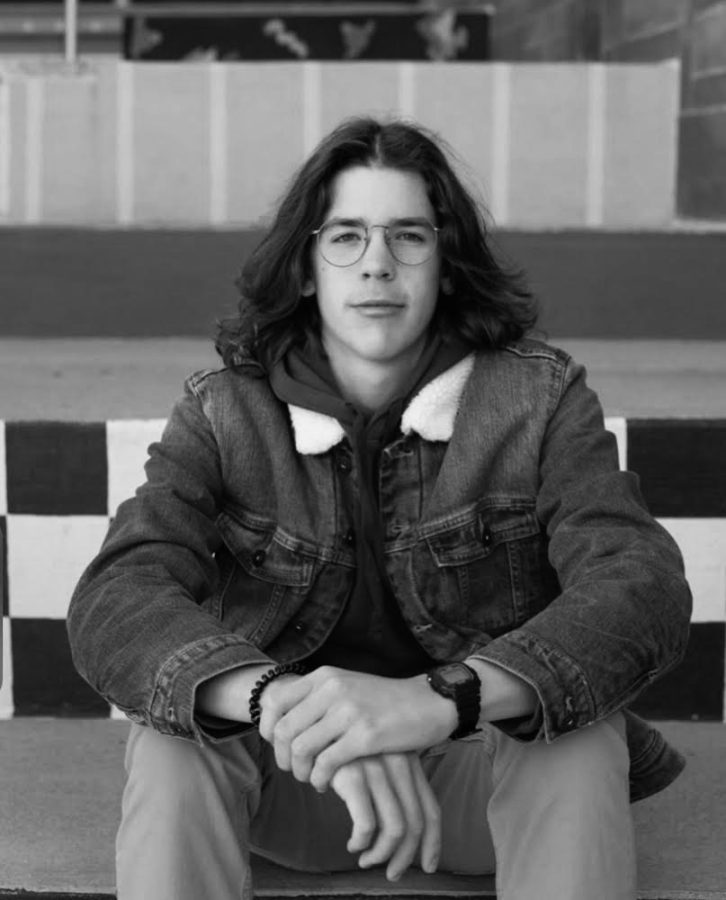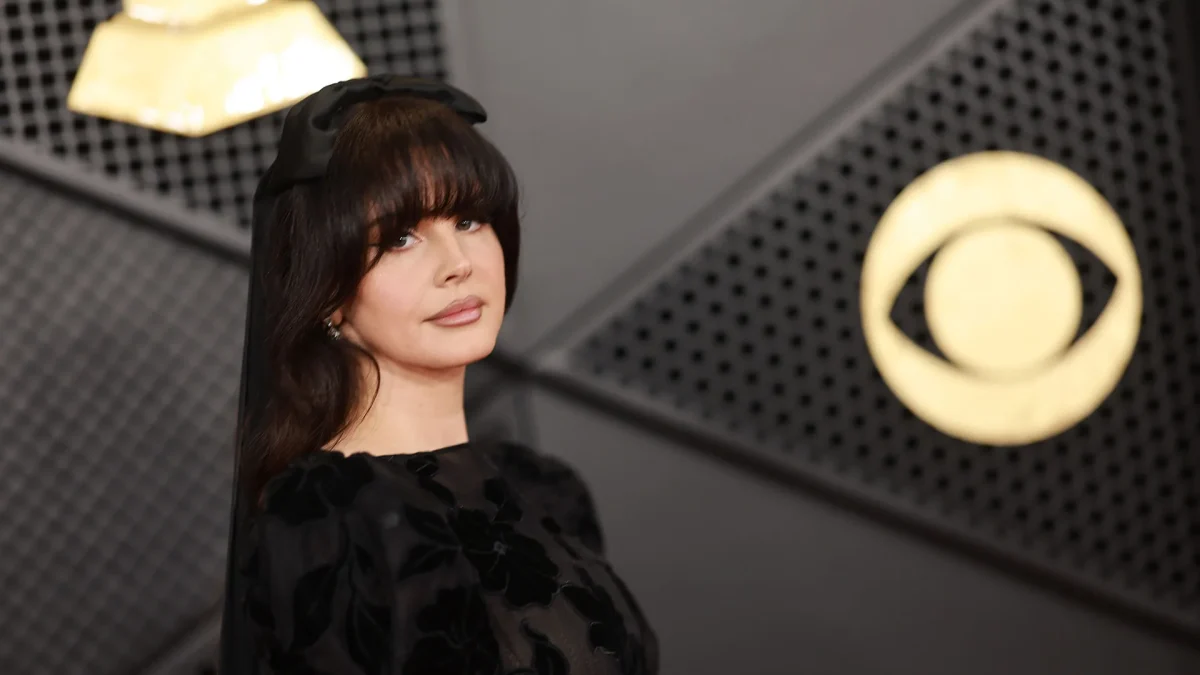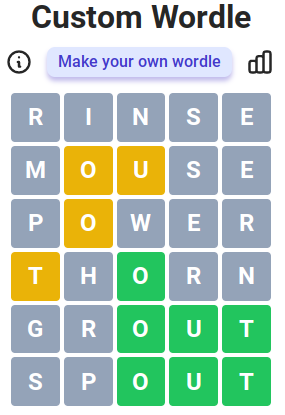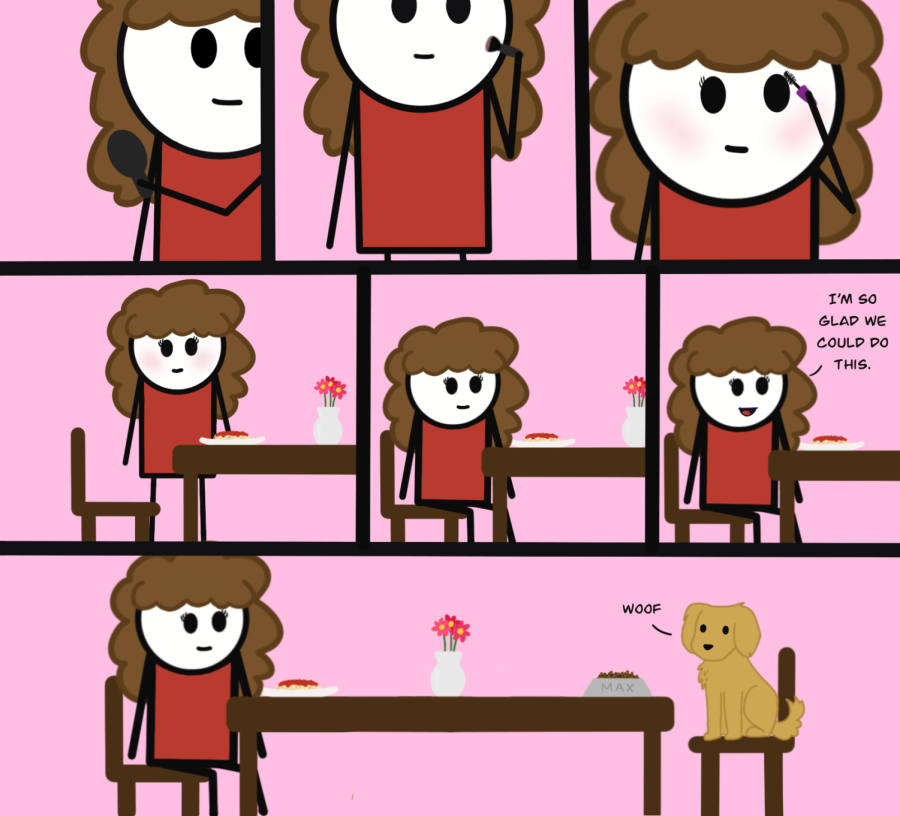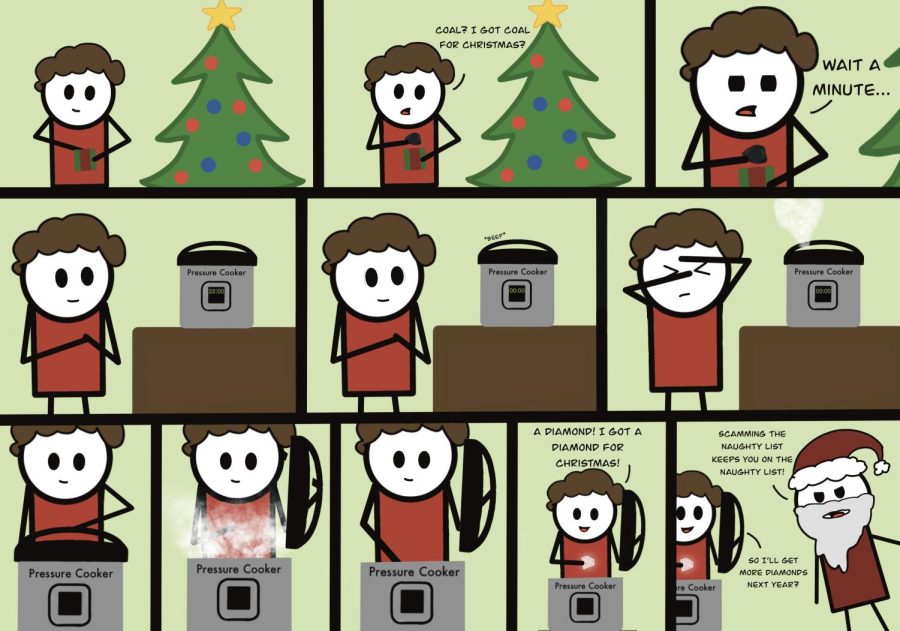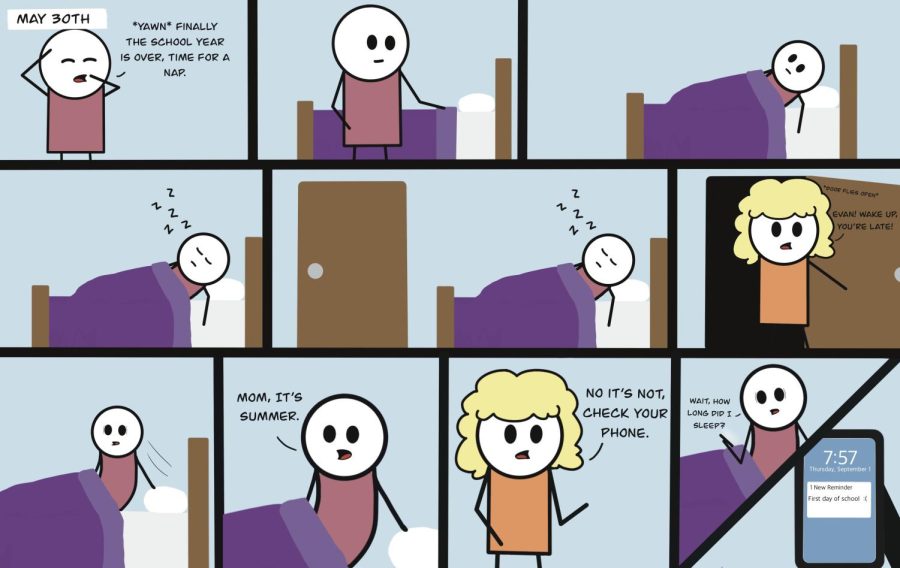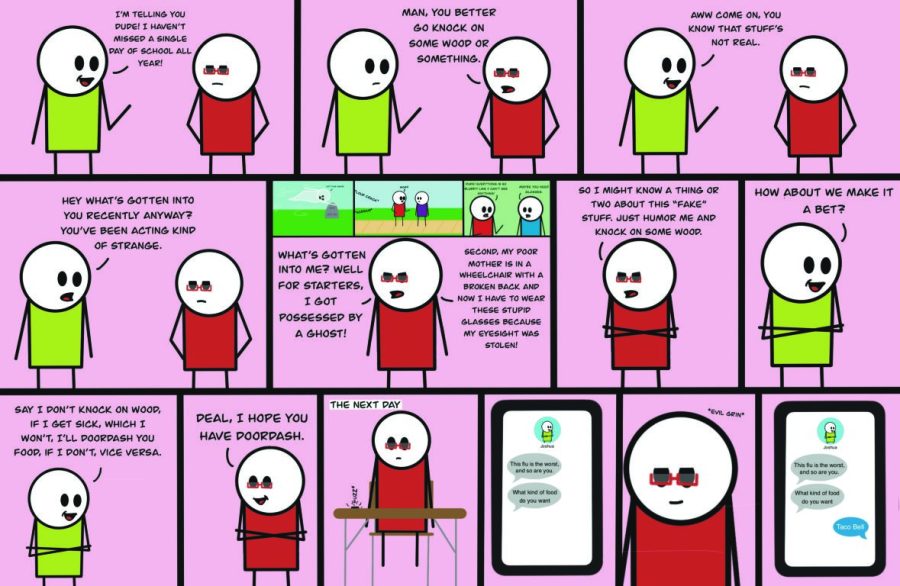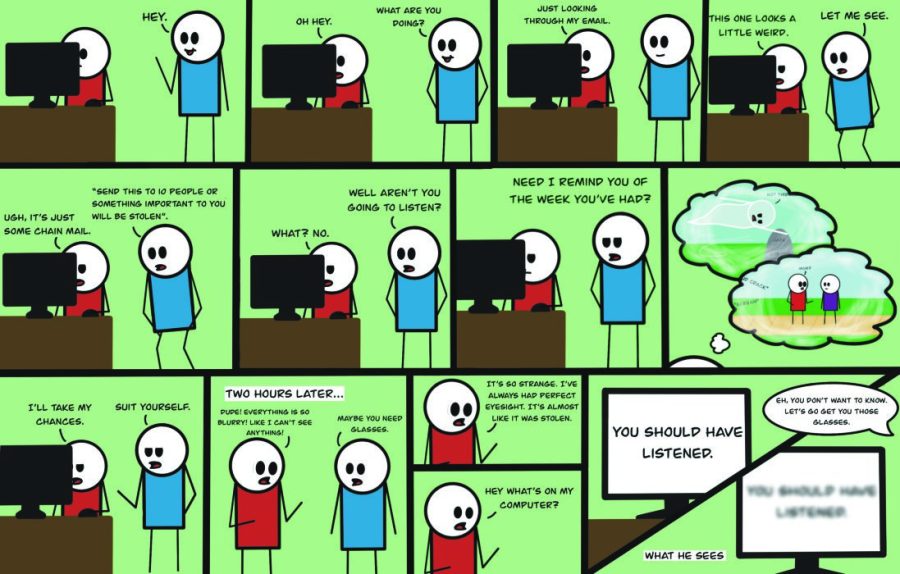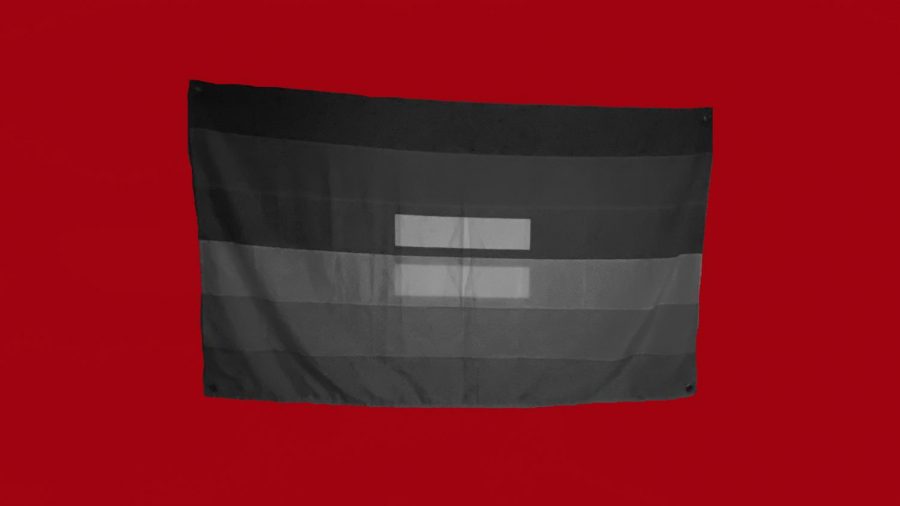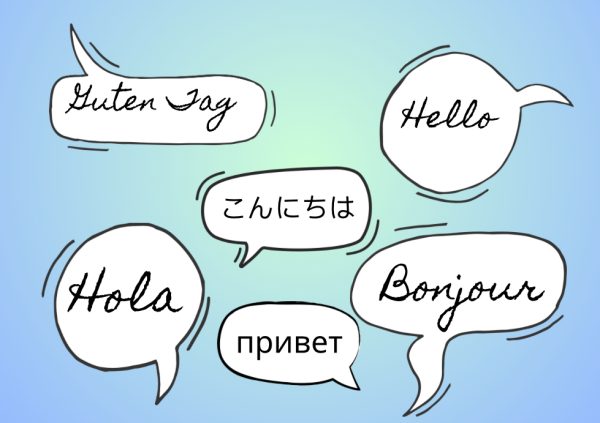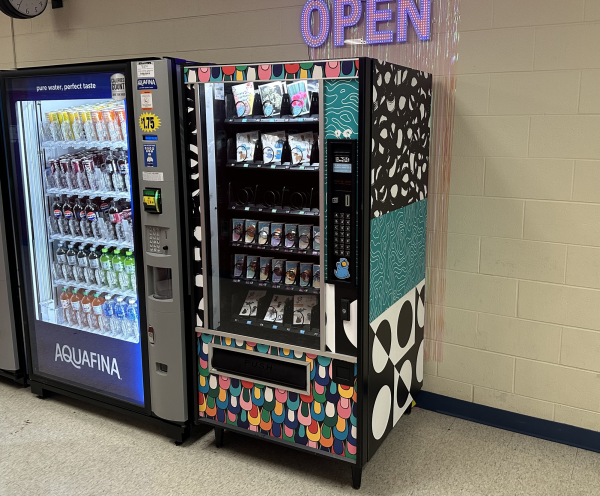Ohio’s students lack regulation in health classes
Sex education leaves out the discussion of LGBTQ+ sexualities and genders in the curriculum
Ohio is one of twenty states that doesn’t require formal sex education in public schools. As a result most schools teach abstinence based sex education or none at all. School districts make the final decision on how inclusive their health classes are.
According to GLSEN’s 2019 National School Climate Survey only 8.2% of LGBTQ+ students reported having ever received LGBTQ-inclusive sex education at school. Jenna Wojdacz, the director of education at the Ohio Center for Sex Education is trying to raise that percentage.
“One of the biggest problems here in Ohio is that the education that any students will receive is completely dependent upon the decision or discretion of their school district. The administrator in their specific building and sometimes even down to the teacher in their classroom,” Wojdacz said.
MaryAnn Boenher teaches the two classes that are offered to fill the health requirement for graduation: Health and Human Sexuality.
“[In Human Sexuality] we go into a lot more depth with just sexuality in general and how we identify ourselves in the way of just who we are as an individual. That’s really the huge difference. We also dive more into family planning and our ways of sexual decision making,” Boenher said.
Upperclassmen Kate Gnandt took Human sexuality her freshman year. She found the class to be a helpful aid as she progressed through highschool.
“Human sexuality class is a good class to take. It gives us knowledge of things we maybe didn’t know or did know but didn’t know everything about the topic. I think others should take it to just understand and know what goes on in our body as we go through changes,” Gnandt said.
Abstinence based sex education teaches that not having sex is the only option for teens to prevent unwanted preganancies and STIs. In abstinence based health classes teachers do not mention contraceptive methods or condoms unless to emphasize their failure rates.
“Focus is actually like a safety plan for young people. If we educate folks on how important claiming, understanding, and centering their own pleasure is it actually has
like a ripple effect. Not only an individual’s life but the way that they navigate the world,” Wojdocz said.
The American College of Obstetricians and Gynecologists describes inclusive and comprehensive sex education as “Programs that focus on reproductive development, prevention of STIs, and unintended pregnancy, but also teach about forms of sexual expression, healthy sexual and nonsexual relationships, gender identity and sexual orientation and questioning, communication, recognizing and preventing sexual violence, consent, and decision making,”.
Inclusive sex education being taught at schools has shown reduced amounts of sexual activity, sexual risk behaviors (number of partners and unprotected intercourse), STIs, and teen pregnancy.
“If you can talk to folks, young folks about the understanding of the content without shame of what does or doesn’t feel good to them, then they’re much better equipped to navigate relationships in unhealthy and liberatory and joyful ways,” Wojdacz said.
Jill Pratt, teacher and founder of the Gay Straight Alliance (GSA) at Kings always has advice or resources for students in need. She often directs students to the GLSEN website for information.
“There should definitely be a fully inclusive dialogue, fully inclusive teaching, so that there’s comfort; a love of students. No matter who or how they are,” Pratt said.
Being LGBTQ+ in highschool can be hard. Transgender students face the reality of harsh judgement and the possibility of being kicked out. Sex education in highschool is an opportunity for students to have questions answered. It’s where they can make mistakes and not have any costly consequences.
“What I want people to know is like it’s cool to be curious, and that they need to advocate for themselves. To get access to the education that they deserve. If they feel like they don’t have outlets and, and what they’re being offered in school is unacceptable,” Wojdacz said.
Want to show your appreciation?
Consider donating to The Knight Times!
Your proceeds will go directly towards our newsroom so we can continue bringing you timely, truthful, and professional journalism.
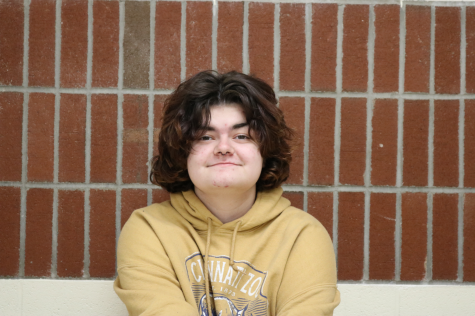
Lexi is a Senior and has been attending Kings since kindergarten. They joined the Knight times their sophomore year as a staff writer. In their opinion,...
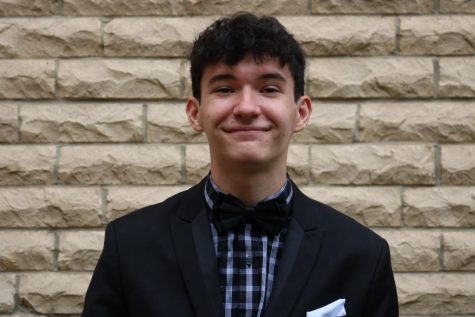
Josiah is a current Senior and has been going to Kings since the 5th grade. He joined the Knight Times to bring a new perspective to the group, and to...

